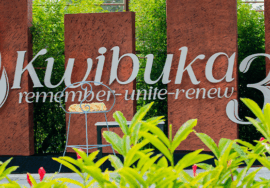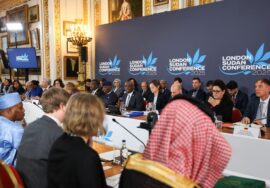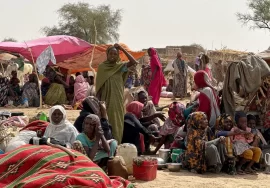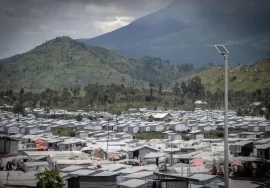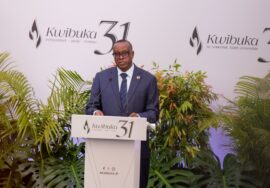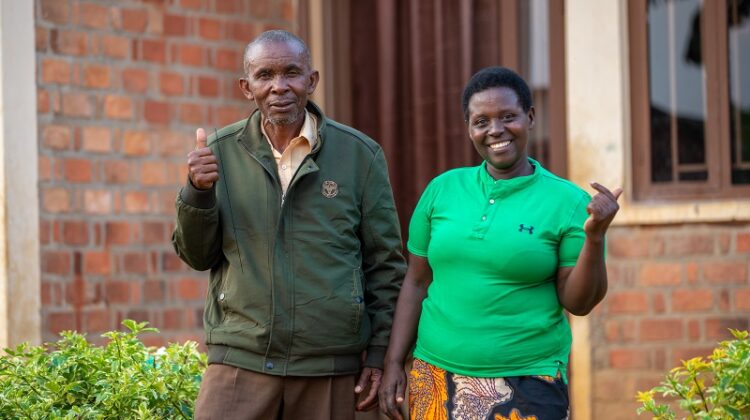
Rwanda: 92% of Citizens Share a Strong National Identity, New Study Reveals
Despite the enduring trauma of the 1994 Genocide against the Tutsi and its aftermath, which devastated Rwanda’s social fabric, Rwandans have achieved a remarkable level of resilience and unity.
A recent nationwide assessment has revealed that Rwandans display high resilience across multiple indicators, including self-management, critical thinking, psychological healing, hope, and collaboration. Most notably, the study found that 92% of Rwandans share a strong sense of national identity, a unifying connection that remains firm over three decades after the genocide.
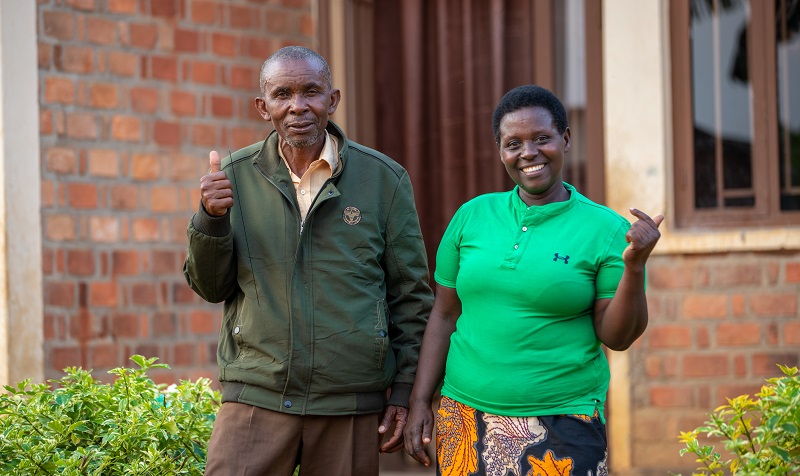
The study, conducted in 2024 by the Ministry of National Unity and Civic Engagement (MINUBUMWE) in collaboration with Interpeace, an international peacebuilding organization, involved 7,481 participants across all 30 districts of the country.
Titled “Community-Based Participatory Framework for the Assessment of Resilience in Rwanda,” the assessment aimed to develop resilience indicators to guide future research, policy, and programs promoting community cohesion and healing. It also sought to tailor assessment methods to the Rwandan context while establishing a baseline for resilience nationwide.
“Research such as this, which identifies resilience factors and remaining fragilities within Rwandan society, is crucial,” said Jean-Damascène Bizimana, Minister of National Unity and Civic Engagement. “We aim to design programs guided by our cultural values that address our specific challenges. This study responds to that need and will help us build a peaceful, prosperous country based on tangible, realistic indicators.”
Key Findings
The study assessed resilience across four levels: individual, household, community, and institutional, using 38 indicators. Results show encouraging levels of resilience in each area.
At the individual level, resilience ranged from 75% to 87.5%. Indicators such as self-management and responsibility scored 75%, while healing from psychological trauma and critical thinking both reached 77.5%. Emotional awareness, hope and spirituality, empathy, tolerance, and collaboration all scored between 80% and 87.5%.
Within households, resilience ranged from 74% to 84%. Performance was solid in areas such as entrepreneurial mindset, intergenerational partnerships, livelihood access, and gender equality — each scoring 74%. Responsive parenting and conflict resolution mechanisms registered 78%. The study noted these areas as opportunities for improvement, particularly in enhancing family conflict management and parenting skills.
Values-based family conversations scored 80%, while household connections to other families scored 84%.
At the community level, Rwandans demonstrated resilience scores between 80% and 92%. A shared national identity stood out with the highest score of 92%, reflecting an enduring connection to a unified sense of belonging. Solidarity and a shared vision for the future scored 88%, while engagement in community activities scored 86%, signalling strong social cohesion and participation
At the institutional level, resilience was notably high, indicating a well-structured and stable system. Security institutions led with a score of 94%, underscoring Rwanda’s emphasis on maintaining safety and order. Social protection interventions followed closely at 90%, while shared economic structures scored 88%. Transformative local leadership, educational services, programs for national unity, and the contribution of faith-based and civil society organizations all maintained strong resilience scores of 86%.
Challenges and Recommendations
While resilience remains high, the study identified persistent fragility factors present at every level assessed. These include poverty, sporadic corruption in local government structures, dependence on government support, and unhealed psychological wounds from the genocide and its aftermath.
The study recommended intensifying societal healing initiatives, expanding infrastructure, and improving access to finance and employment opportunities to address these fragilities.
Officials confirmed that a comprehensive roadmap has been developed to implement the study’s recommendations. The plan will serve as a strategic guide for all stakeholders involved in Rwanda’s ongoing resilience-building and societal healing efforts.
The assessment drew on a participatory, multi-level methodology that adapted existing frameworks to Rwanda’s post-genocide realities. It marks the first national resilience survey of this scope since the genocide and is expected to influence future policy and peacebuilding strategies.
This research positions Rwanda as a model for post-conflict resilience assessment, officials noted, “and lays the groundwork for evidence-based, culturally rooted development programs.”

